Description
Legacy Literature (3) – “The Muqaddimah” by Ibn Khaldun
The Legacy Institute presents Legacy Literature – dedicated to discussion, critical review, and analysis of Muslim literature.
Program Description:
A book club that covers one of the greatest works in Islamic history and one that made global impact, the Muqaddimah of Ibn Khaldun. We will cover his biography, the themes of his work, the pioneering contributions his work made, the global impact, and more aspects in a collective reading and interactive discussion.
Note: The copy we will be going over in this book club is the Abridgement of N.J. Dawood of Rosenthal’s translation.
The book club looks to discuss the themes in a deeper look while surveying different works that have been written regarding Ibn Khaldun’s work and thought.
About the Author:
There have been few polymaths that have made a global impact on civilization and disciplines like the Muslim scholar Ibn Khaldun, named the father & pioneer in many sciences from: history, economics, sociology, philosophy, language, and more!
Abu Zayd ‘Abd al-Rahman ibn Muhammad ibn Khaldun al-Hadhrami, 14th-century Muslim historiographer and historian, was a mastermind scholar and thinker now viewed as a founder of modern historiography, sociology and economics. Living in one of humankind’s most turbulent centuries, he observed at first hand—or even participated in—such decisive events as the birth of new states, the death throes of al-Andalus and the advance of the Christian reconquest, the Hundred Years’ War, the expansion of the Ottoman Empire, lived in the Mamluk Empire, saw the expansion of Timur, the decline of Byzantium, and the great epidemic of the Black Death plague. Albert Hourani described Ibn Khaldun’s world as “full of reminders of the fragility of human effort”; out of his experiences, Arnold Toynbee wrote, “He conceived and created a philosophy of history that was undoubtedly the greatest work ever created by a man of intelligence….” So groundbreaking were his ideas, and so far ahead of his time, that a major exhibition now takes his writings as a lens through which to view not only his own time but the relations between Europe and the Muslim world in our own time as well.
About the Book:
Ibn Khaldun’s most important work was Kitab al-‘Ibar, and of that the most significant section was the Muqaddimah. Such “introductions” were a recognized literary form at the time, and it is thus not surprising that the Muqaddimah is both long—three volumes in the standard translation—and the repository of its author’s most original thoughts. Kitab al-‘Ibar, which follows, is much more conventional in both content and organization, although it is one of the most important surviving sources for the history of medieval North Africa, the Berbers and, to a lesser extent, Muslim Spain.
The Muqaddimah, often translated as “Introduction” or “Prolegomenon,” is the most important Islamic history of the premodern world. Written by the great fourteenth-century Arab scholar Ibn Khaldun (d. 1406), this monumental work established the foundations of several fields of knowledge, including the philosophy of history, sociology, ethnography, and economics.
In the Muqaddimah, Ibn Khaldun’s central theme is why nations rise to power and what causes their decline. He divides his argument into six sections or fields. At the beginning, he considers both source material and methodology; he analyzes the problems of writing history and notes the fallacies which most frequently lead historians astray. His comments are still relevant today.
This is an On-Demand course where you can download video of the sessions at your convenience. It is not a live course. There is a group to ask questions and interact with the instructor.
Follow a reading schedule or read at your own pace and access 23 recorded discussion sessions & group for interaction & questions.
If you missed the previous book clubs – you can still take the sessions On-Demand:
Read at your own pace with access to 5 discussion sessions video/audio, & group for interaction & questions.
- Islam & The World by Nadwi – https://legacy.institute/product/legacy-literature-1-islam-and-the-world/
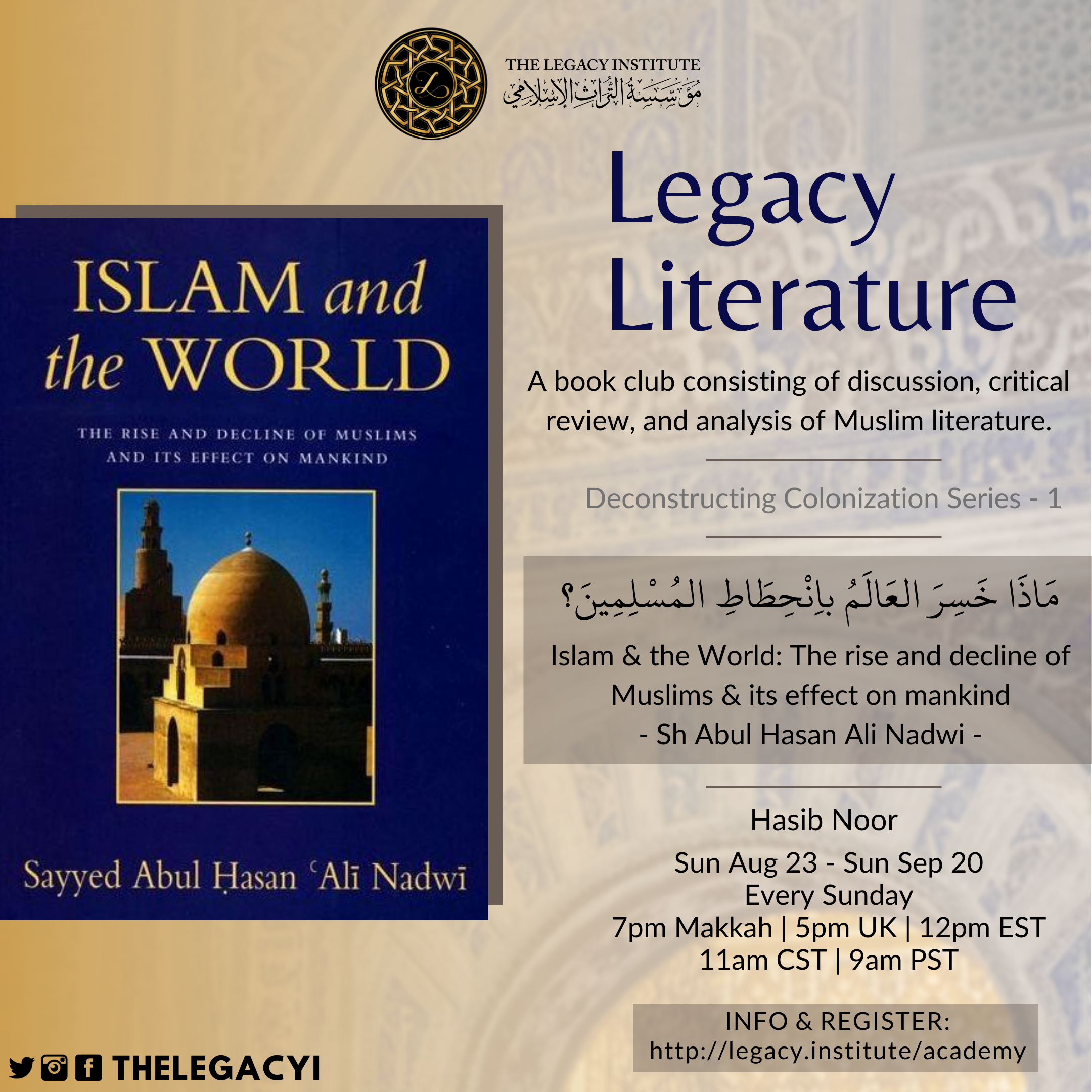
- Islam and Secularism, The Concept of Education in Islam by Al Attas – https://legacy.institute/product/legacy-literature-2-islam-secularism-the-concept-of-education-in-islam-by-syed-muhammad-naquib-al-attas/
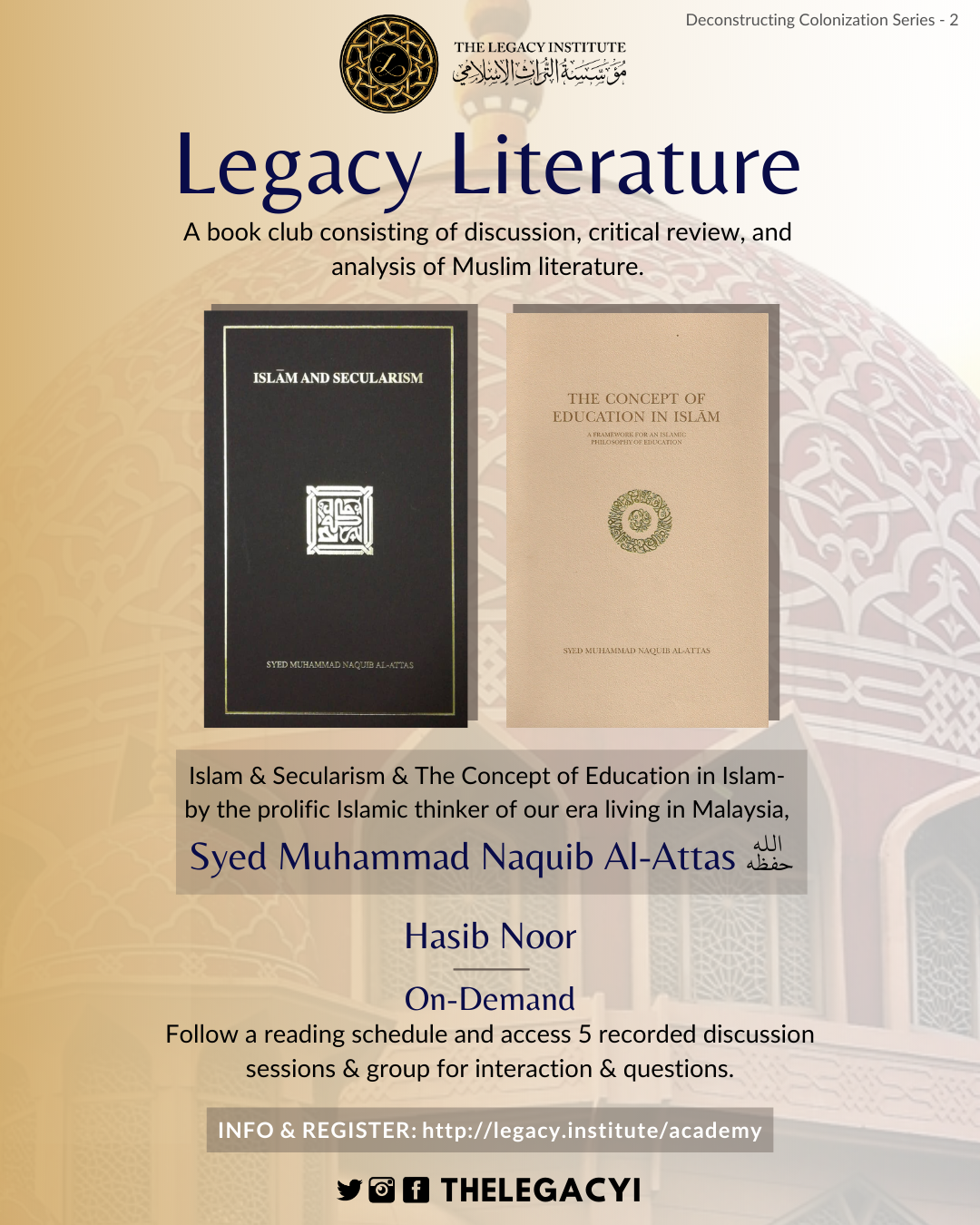
Stay updated on social media – @thelegacyi
Questions or Inquiries, please email: admin@legacy.institute
*This course is not refundable.


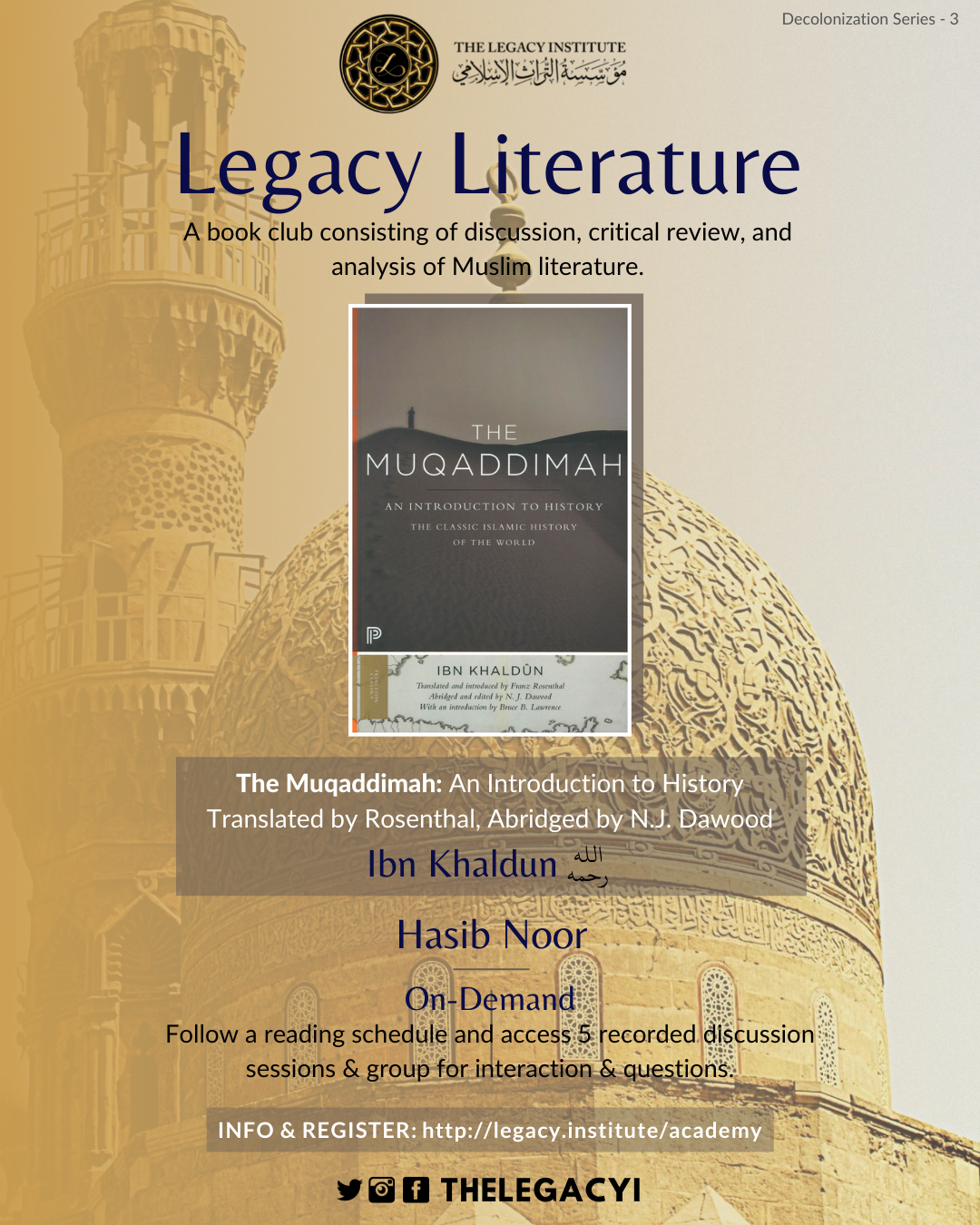
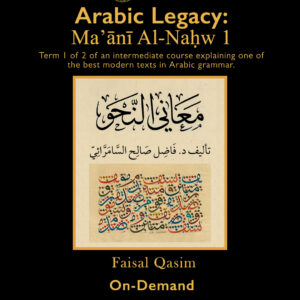
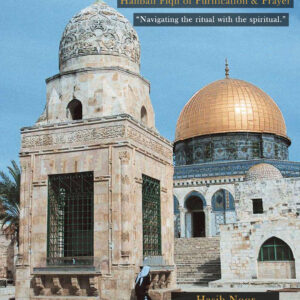
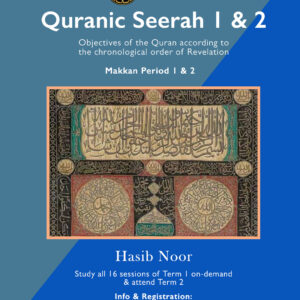
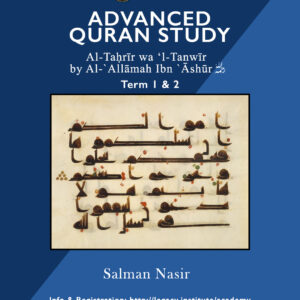
There are no reviews yet.